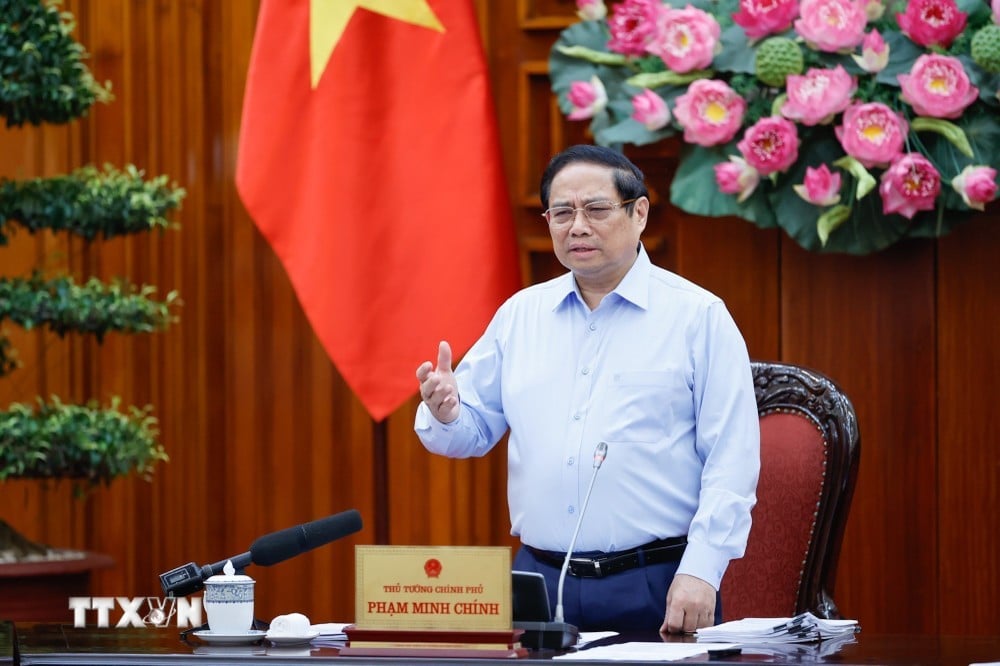
On August 20, Prime Minister Pham Minh Chinh, Head of the Steering Committee for reviewing and handling difficulties in the system of legal documents (Steering Committee), chaired a meeting of the Government Standing Committee with ministries and branches on law making.
Attending the meeting were Deputy Prime Ministers: Tran Hong Ha, Le Thanh Long; leaders of ministries, branches, and relevant agencies under the Government; representatives of associations; experts and scientists related to the fields of finance, education and training, science and technology...
At the meeting, the Government Standing Committee listened to reports; discussed and gave opinions on the necessity of building laws and the policy contents of the laws, including: Draft Law on Management and Investment of State Capital in Enterprises; Draft Law on Corporate Income Tax (amended); Draft Law on Special Consumption Tax (amended); Draft Law on Teachers; Draft Law on Digital Technology Industry; Draft Law on Amending and Supplementing a Number of Articles of the Law on Officers of the Vietnam People's Army.
After listening to the reports and opinions of the delegates and directly giving opinions on the specific contents of each draft law, the Prime Minister highly appreciated the ministries and branches for actively preparing the content, as well as their dedicated, responsible, quality, and practical opinions...
Requesting ministries and branches to seriously and fully absorb the opinions of delegates and complete the proposals for law making, the Prime Minister emphasized a number of major guiding viewpoints and orientations in the process of building draft laws.
Regarding the draft Law on State Capital Management and Investment in Enterprises, the Prime Minister requested to focus on removing difficulties and obstacles to mobilize and effectively use resources; inheriting regulations that are still suitable and have positive impacts in current laws.
"What is ripe, clear, proven to be correct in practice, effectively implemented, and agreed by the majority, should continue to be implemented and legalized; it can be managed but must be transparent and have clear people, clear work, clear responsibilities, and clear products," Prime Minister Pham Minh Chinh emphasized.
The head of the Government requested to develop laws in the direction of promoting decentralization and delegation of power along with resource allocation, improving enforcement capacity, clearly defining the responsibilities of each agency and level, and designing tools to strengthen supervision, inspection, and control of power; cutting down on administrative procedures, eliminating the request-grant mechanism, and reducing intermediaries.
At the same time, design mechanisms and policies to free up resources in enterprises; enhance the autonomy and self-responsibility of enterprises. For state-owned enterprises, it is necessary to focus on areas of strength, key, essential, and important locations; have specific regulations for enterprises in the fields of defense and security; and delegate more authority and responsibility to representatives of state capital.
State agencies focus on performing state management tasks (developing strategies, plans, schemes, institutions, policy mechanisms, legal corridors, standards, criteria, tools for monitoring, inspection, rewards, and discipline)...
In the draft Law on Corporate Income Tax (amended), the Prime Minister requested that the law design must aim to expand the collection base, collect correctly, fully, and promptly; prevent tax losses, especially in areas such as e-commerce, catering services, retail, etc.; promote electronic invoices, apply information technology, and digitize in tax management and collection. However, it is necessary to create an environment to attract investment and encourage business development, especially in priority development areas.
In addition, research some contents of decentralization for the Government to regulate to promote dynamism, creativity, flexible adjustment, suitable to the situation; remove obstacles in tax refund, tax collection...; reduce administrative procedures; ensure fairness and equality among enterprises and economic sectors.
At the same time, it is necessary to provide tax incentives for a number of suitable subjects such as enterprises building social housing; encourage investment in science and technology, innovation, digital economy, green economy, circular economy, sharing economy, knowledge economy; and continue to improve the contents that have been stabilized such as investment incentive policies, without causing unnecessary disruption.
Regarding the Draft Law on Special Consumption Tax (amended), considering that this is a law that affects many industries, businesses, and people, the Prime Minister requested to complete it in the direction of designing tax policies that both ensure the promotion of production and business and limit negative impacts on socio-economic development and people, in the spirit of harmonizing interests between people, businesses, and the State; orienting consumption in accordance with Vietnam's conditions.
Along with developing tax policies to encourage production and business of priority products and services and restrict discouraged products and services, the Prime Minister requested to develop a suitable roadmap, close to the situation, ensuring payment capacity, not affecting production and business; at the same time, there must be measures to prevent tax loss, tax evasion, smuggling, etc.
In directing the development of the Teachers Law project, the Prime Minister requested to closely follow Resolution 29 of the Central Committee on fundamental and comprehensive innovation of education and training and Conclusion 91 of the Politburo on continuing to implement Resolution 29; have a roadmap, appropriate steps, feasible in practice and ensure resources for implementation.
State agencies focus on performing state management tasks (developing strategies, plans, schemes, institutions, policy mechanisms, legal corridors, standards, criteria, tools for monitoring, inspection, rewards, and discipline), reducing the direct implementation of specific tasks.
Along with that, inheriting the regulations that are still suitable and have positive impacts in the current law on civil servants, continuing to do better, not causing unnecessary disruption; carefully assessing the impacts of policies that still have many different opinions and may generate additional administrative procedures and compliance costs in practice.
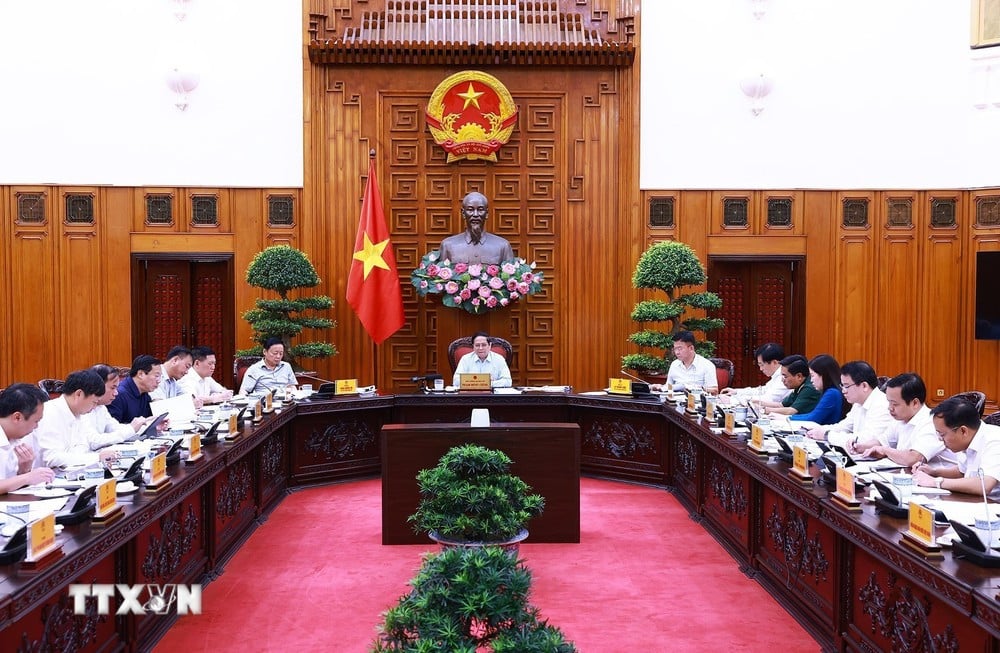
The Prime Minister emphasized the viewpoint that what is ripe, clear, proven to be correct in practice, effectively implemented, and agreed by the majority should continue to be implemented and legalized; for new, immature, unclear, and unregulated issues, boldly pilot them, learn from experience as you go, and gradually expand, without perfectionism or haste.
The Prime Minister said that it is necessary to amend and supplement specific policies for teachers to develop and improve the capacity and quality of teachers to meet the requirements in the new context, especially the Fourth Industrial Revolution; attract talented people to the education sector, those who are dedicated to working in remote areas, border areas, islands, etc.; have specific policies suitable for teachers at each level (preschool, primary school, middle school, high school, university, etc.).
The Prime Minister also suggested promoting decentralization and maximum delegation of authority in educational management for teachers at the grassroots level, along with allocating resources, improving implementation capacity, clearly defining the responsibilities of each agency and level, and designing tools to strengthen monitoring, inspection, and control of power; enhancing public-private partnership in teacher training; and facilitating teachers to practice within the legal framework.
At the same time, minimize administrative procedures, eliminate the request-grant mechanism, reduce compliance costs and inconvenience for people, businesses, organizations and teachers.
Requiring continued improvement of the Law on Digital Technology Industry, the Prime Minister directed to closely follow, fully and synchronously institutionalize the resolutions and conclusions of the Central Committee and the resolutions of the National Assembly and the Government on contents related to the development of digital technology industry, including Resolution 29 of the Central Committee and Plan 13 of the Politburo on continuing to promote industrialization and modernization of the country, Resolution 52 of the Politburo on a number of guidelines and policies to proactively participate in the Fourth Industrial Revolution, Resolution 23 of the Politburo on orientations for formulating national industrial development policies.
Stating that the scope of legal adjustment needs to have a focus and key points, the Prime Minister requested to continue perfecting relevant regulations on the digital technology industry, inheriting current regulations that have been proven in practice and applied effectively; supplementing regulations to handle legal shortcomings and problems, especially issues arising in the practice of digital technology management and development in recent times; reviewing and ensuring consistency and consistency with relevant legal regulations.
In particular, it is necessary to clearly stipulate the authority to review and approve the controlled testing mechanism for digital technology products and services in accordance with the policy of decentralization and delegation of power; to promote the responsibility of agencies and individuals with the authority to permit testing and of organizations and enterprises participating in testing; to encourage and protect those who dare to think, dare to do, dare to innovate for the common good.
Along with that, there are preferential policies to attract talents in the field of digital technology; there are tools to promptly handle arising and emerging issues; research some contents of decentralization for the Government to regulate to ensure flexible adjustments to suit the rapidly changing actual situation.
The Prime Minister also gave his opinion on proposed policies related to crypto assets; promoting and encouraging development but having to manage the fields of artificial intelligence, cloud computing, etc.
Regarding the draft Law on Amending and Supplementing a Number of Articles of the Law on Officers of the Vietnam People's Army, the Prime Minister pointed out that the Law must institutionalize the Party's guidelines and policies and the State's policies on building the Vietnam People's Army, including building the officer team; amend and supplement regulations to overcome difficulties and inadequacies, ensuring compliance with reality.
Along with that, closely follow and clearly demonstrate the policies approved by the Government for the proposal to develop the Law; review and ensure consistency and consistency with relevant legal regulations (Housing Law, Land Law, Planning Law, Labor Code...); ensure the rationality, feasibility and effectiveness of the regulations.
Noting some contents such as preferential policies for soldiers, retirement age of male and female officers, social housing for armed forces, etc., the Prime Minister requested to actively consult experts and scientists; promote policy communication to create high consensus; coordinate effectively with relevant ministries, branches and agencies in the process of drafting and completing the draft Law.
Assigning Deputy Prime Ministers to directly direct the drafting of the Laws, the Prime Minister requested the presiding agencies to fully synthesize the opinions of relevant agencies and organizations, absorb valid comments, and promptly complete the draft Law dossier in accordance with the provisions of the Law on Promulgation of Legal Documents to submit to the Government at the August 2024 Legal Thematic Session, and submit to the National Assembly for consideration and decision, ensuring progress and quality.
TH (according to Vietnam+)Source: https://baohaiduong.vn/thu-tuong-chu-tri-hop-thuong-truc-chinh-phu-ve-xay-dung-phap-luat-390831.html





























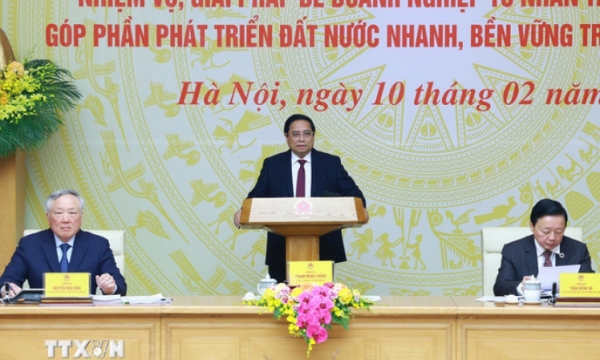
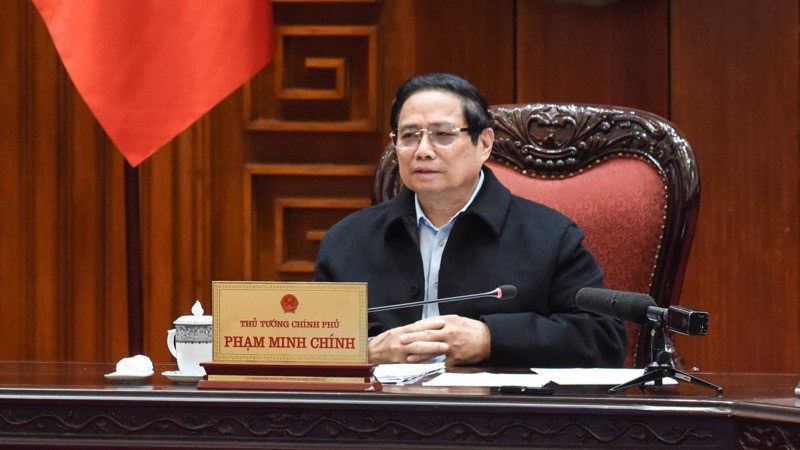
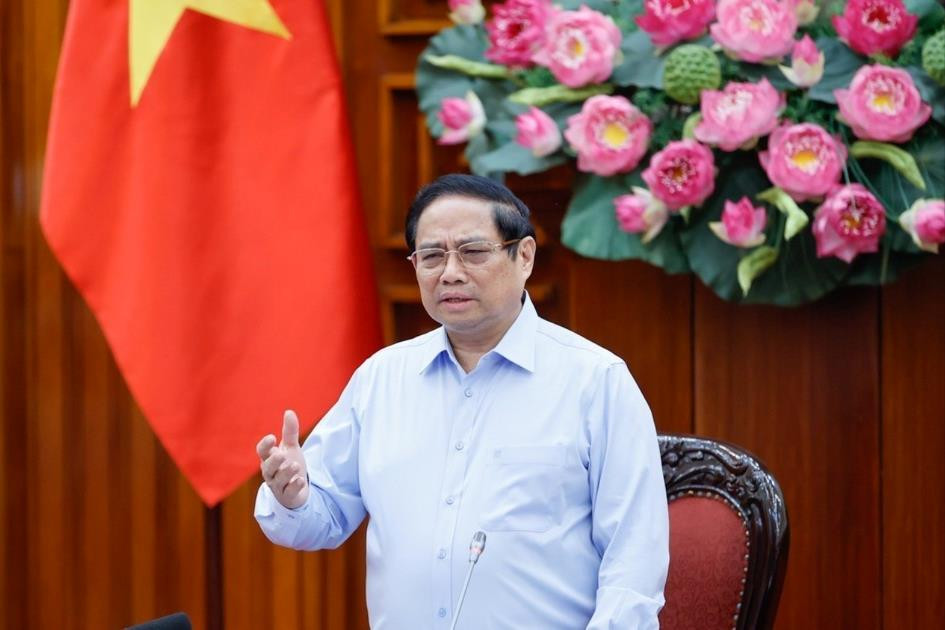
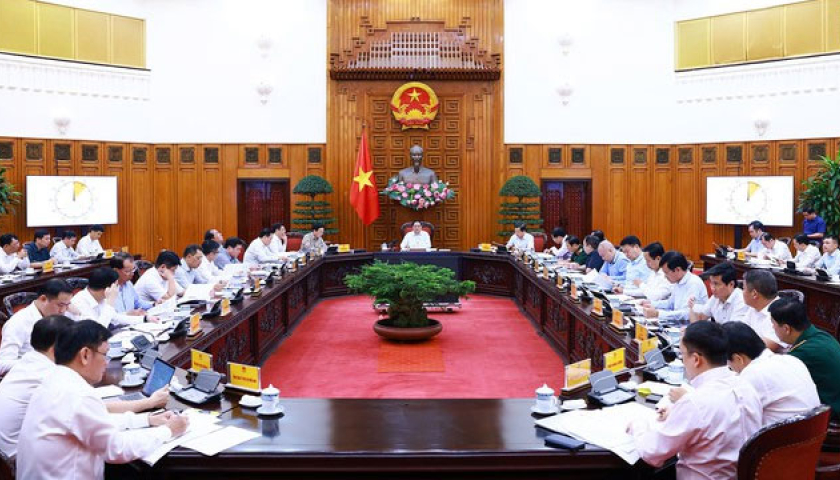


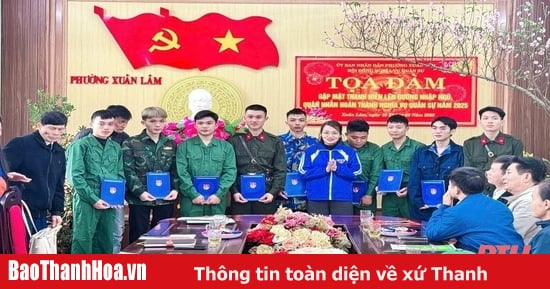
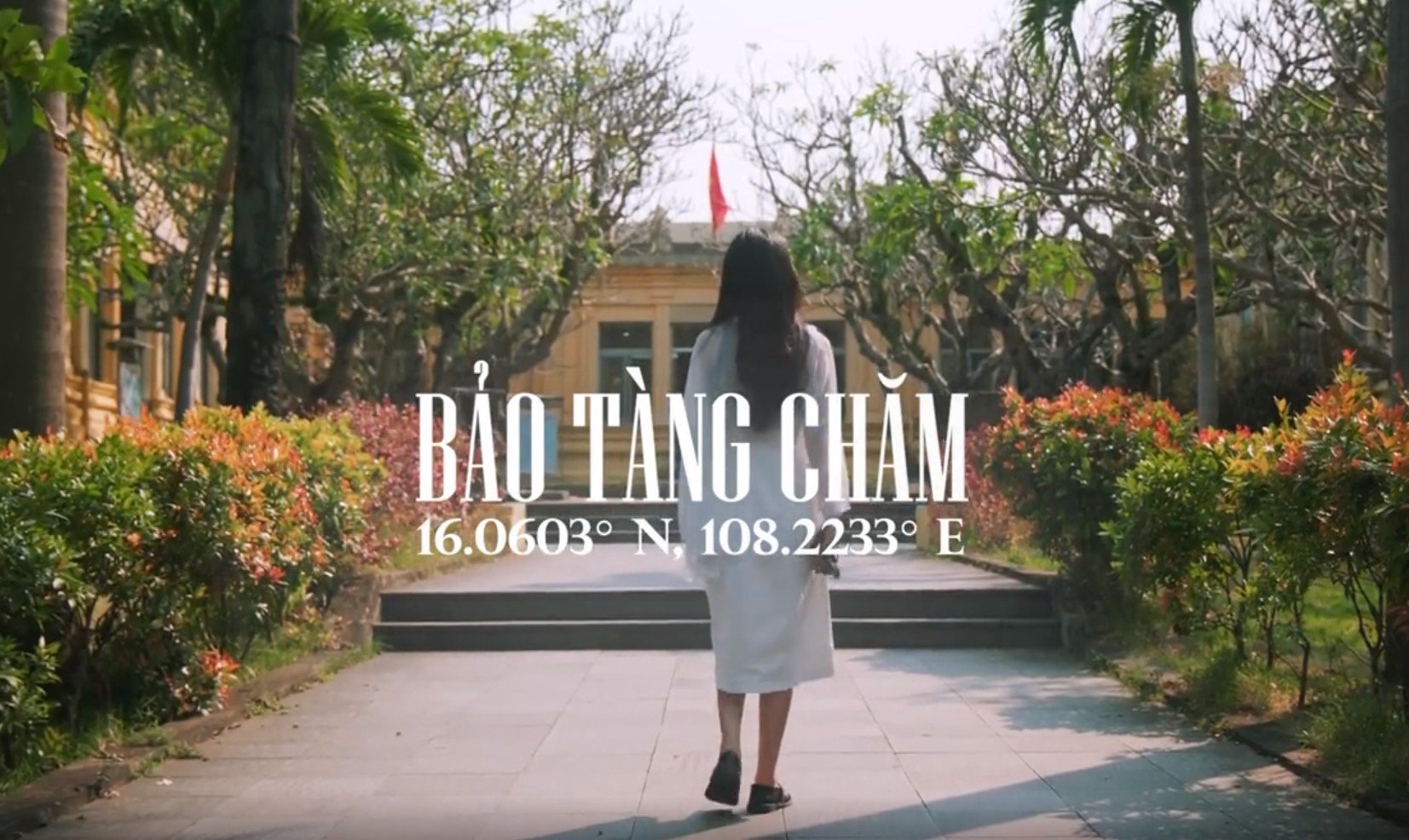
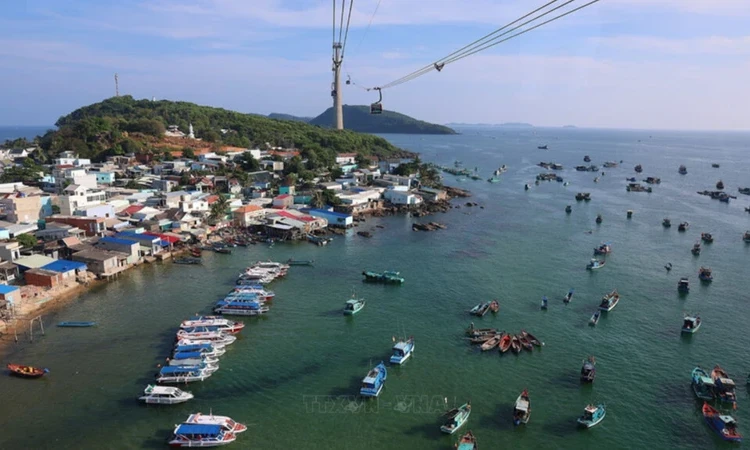
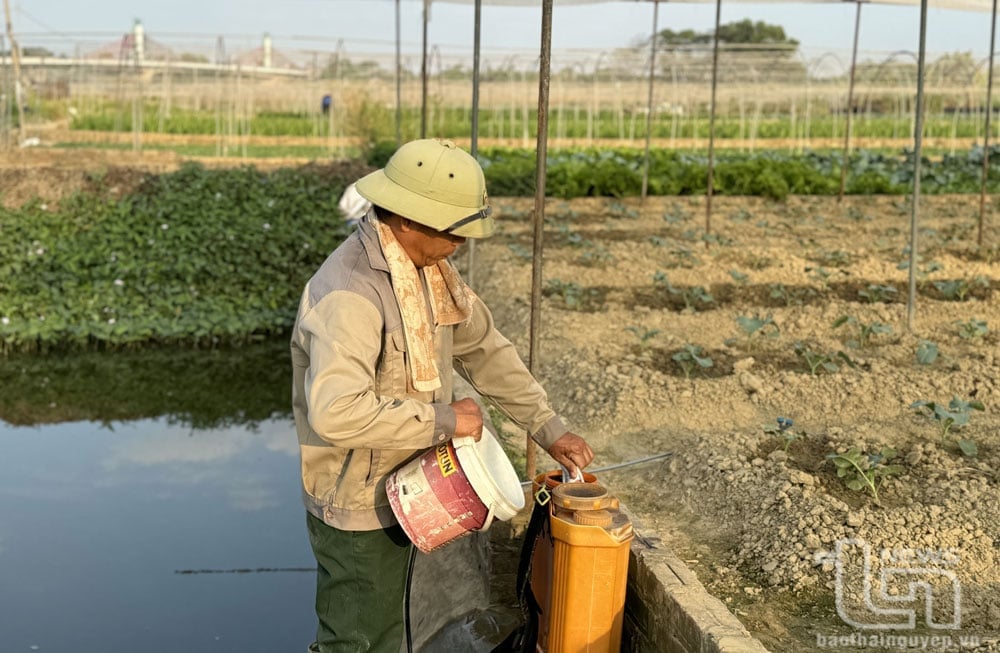














Comment (0)